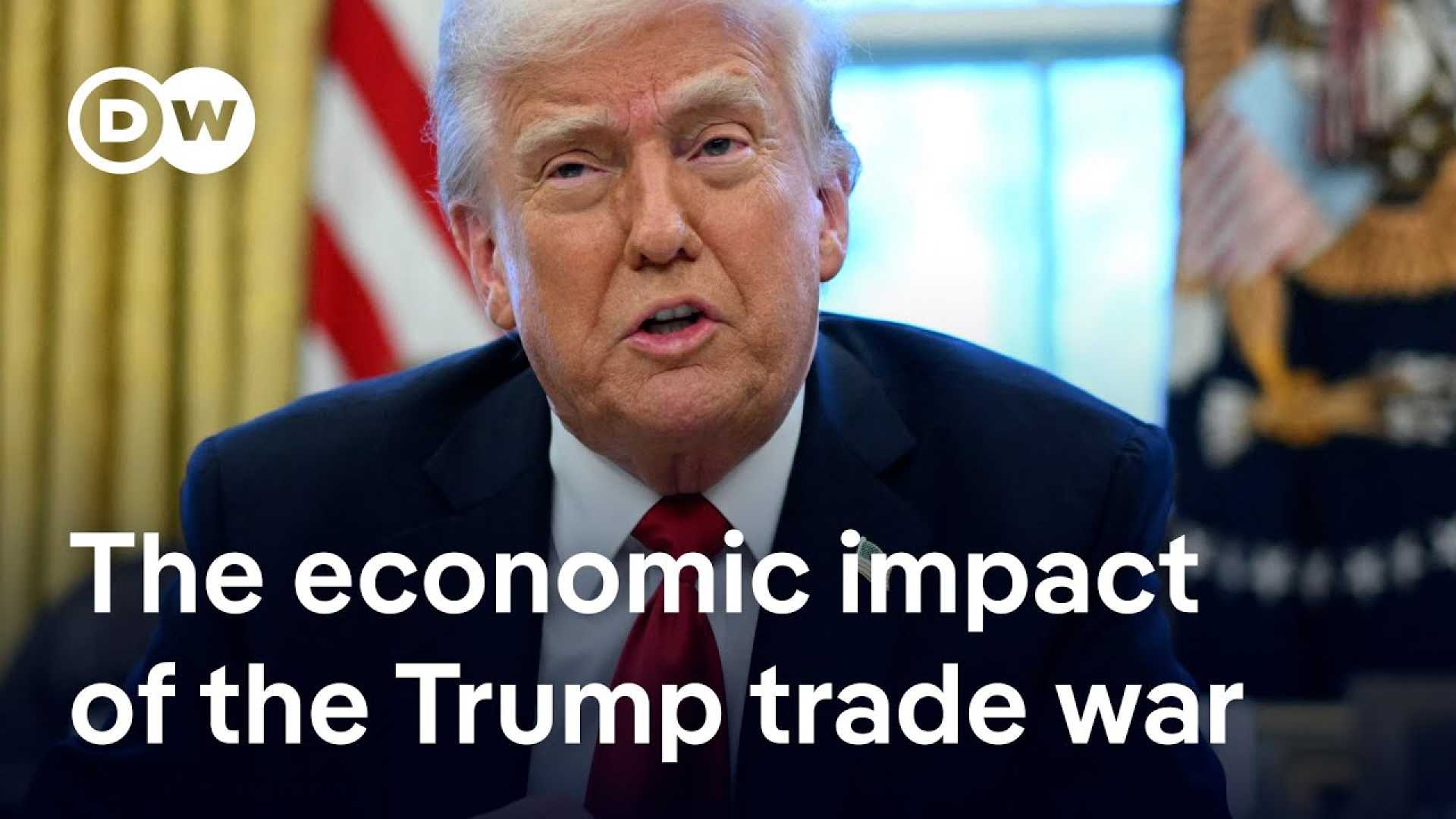Politics
Trump Temporarily Halts Tariffs Amid Economic Turmoil

WASHINGTON (AP) — President Donald Trump announced a temporary halt to tariffs on most nations for 90 days on April 9, 2025, while simultaneously raising tariffs on Chinese imports to a staggering 125 percent. The shift aims to address burgeoning concerns regarding the economic impact of his trade policies.
The decision, made public during a press briefing, comes as the stock market faced severe pressure, with the S&P 500 index surging over 7 percent following Trump’s announcement. The pause was framed as a negotiation strategy to engage with over 75 countries seeking trade talks, according to Trump.
In the House Ways and Means Committee session, Rep. Steven Horsford, D-Nev., confronted U.S. Trade Representative Jamieson Greer regarding the sudden shift in tariff policy, questioning whether Greer was privy to these discussions or if the Trump administration was caught off-guard. “It looks like your boss just pulled the rug out from under you,” Horsford stated, emphasizing the lack of a coherent strategy.
Greer defended his position, stating that he does not disclose private conversations with the president, while acknowledging the significant effects of tariffs on American businesses. He mentioned discussions with small business owners earlier that day about the daunting impacts of imposed tariffs on metals like aluminum and steel.
The economic landscape portrays manufacturers struggling with long-term planning and farmers bracing for backlash from Chinese buyers. Republican senators expressed unease regarding Trump’s tariff policies during Senate hearings, illustrating a rare moment of dissent among GOP lawmakers.
Sen. Thom Tillis of North Carolina raised concerns about accountability, asking, “Whose throat do I get to choke if this proves to be wrong?” as other senators began to question the extensive financial ramifications stemming from Trump’s trade agenda.
Despite the internal party concerns, some Republican lawmakers maintained that Trump’s tariff strategy could eventually yield beneficial results. They urged patience, expressing a willingness to allow the administration time to confirm that the policy shift would prove fruitful, though apprehension persists among many regarding the potential for inflation and rising consumer prices.
Compounding the uncertainty, Trump’s remarks hinted at the administration’s inconsistent messaging. He described the bond market as “beautiful” post-announcement, while earlier acknowledging that the market was experiencing turbulence due to rising tariffs.
In an attempt to maintain market stability, Treasury Secretary Scott Bessent urged that negotiations will occur over the next 90 days, emphasizing the need for a good-faith approach to resolving tariff disputes globally.
Bessent explained that the negotiations would not be trivial and might take considerable time, with economists warning of impending recession if trade tensions are not alleviated. He reiterated that the burden of inflated prices would ultimately fall on consumers, worrying many about the potential long-term effects of ongoing tariffs.
The halt on tariffs diverges from previous applications, notably a 10 percent baseline for most nations and a sharp increase to 125 percent for China. The mixed signals from the White House and economic ramifications of the trade policies continue to sow chaos in the market, leaving analysts and lawmakers alike watching closely as negotiations evolve.












